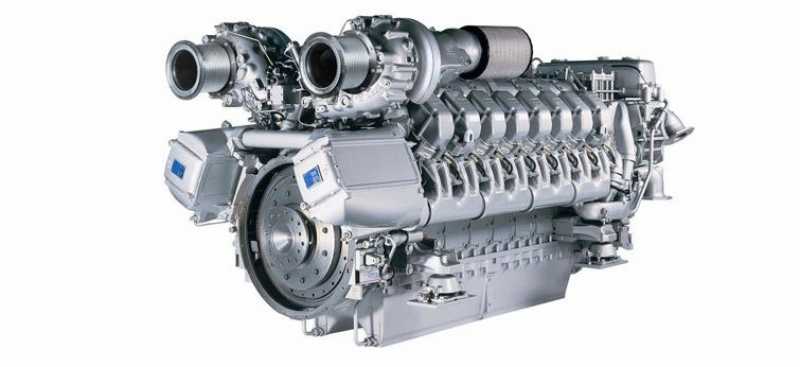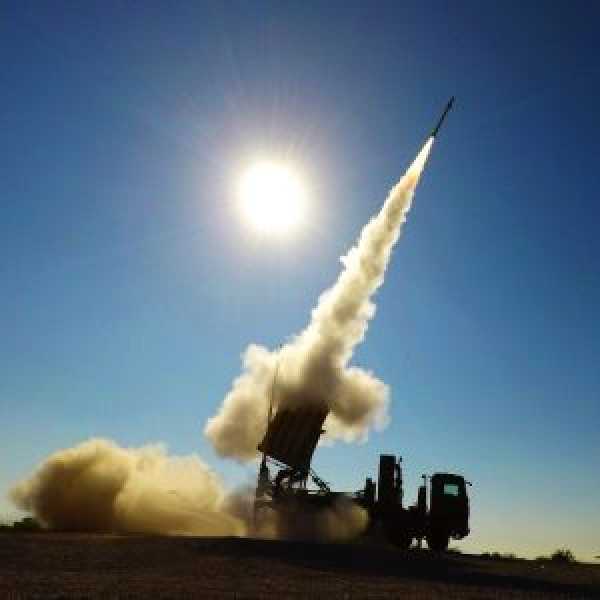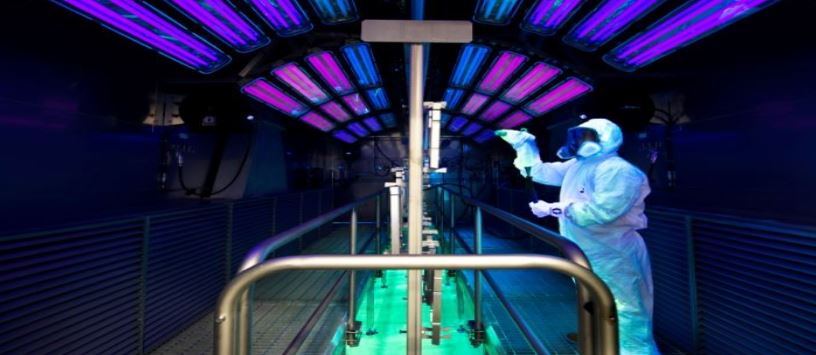
In the first six months of 2020, MTU Aero Engines AG generated revenue of €2,048.8 million; in the first half of 2019 revenue was €2,243.0 million. Operating profit was €224.2 million, compared with €365.2 million in the prior-year period. The EBIT margin was 10.9% in the first six months of 2020 (1-6/2019: 16.3%). Net income declined from €261.0 million to €161.3 million.
“The figures reflect the first effects of the coronavirus pandemic,” said Reiner Winkler, CEO of MTU Aero Engines AG. “A better estimate of the quantitative impact of the coronavirus crisis is now also possible. On Friday, we therefore issued new guidance for 2020.” MTU now expects to generate revenue of around €4 to €4.4 billion in 2020. In percentage terms, the company anticipates an organic decline in the mid to high twenties in the commercial series production business and in the high twenties in the spare parts business. In the commercial maintenance business, an organic revenue reduction in the low to mid-single-digit percentage range is expected. Revenue in the military engine business should grow slightly. MTU is forecasting an adjusted EBIT margin of between 9% and 10% for 2020. Adjusted net income should develop in line with EBIT. Furthermore, MTU has set itself the goal of closing the year with a positive free cash flow.
Revenue from the commercial maintenance business was stable at €1,272.3 million in the first six months (1-6/2019: €1,287.3 million). The main revenue driver was the V2500 for the classic A320 family, followed by the PW1000G-JM for the Airbus A320neo, where MTU registered an increase in shop visits in connection with the retrofit program. “This work could offset the decline in revenue in the core business,” explained Winkler.
In the commercial engine business, revenue fell from €773.0 million to €630.6 million. “The figures reflect the reduction in aircraft production rates and the decline in aircraft deliveries,” said Winkler. The main revenue drivers were the V2500, the PW1100G-JM and the GEnx, which is used in the Boeing 787 and 747-8 models.
In the military engine business, the three-week suspension of operations in April was the main reason for the drop in revenue to €183.2 million (1-6/2019: €216.0 million). The main source of revenue was the EJ200 Eurofighter engine.
The order backlog at the end of the first six months remained high at €18.4 billion (December 31, 2019: €19.8 billion). Most of these orders relate to the V2500 and the Geared Turbofan™ engines of the PW1000G family, in particular the PW1100G-JM for the A320neo.
MTU’s earnings declined considerably in the first half of 2020, especially in the OEM business, where adjusted EBIT fell from €242.5 million to €128.1 million. MTU spent €98.1 million on research and development in the first half of 2020 (1-6/2019: €112.0 million). “We are actively preparing for the future through our research and development and our activities are focused on emission-free aviation,” reported Winkler. In line with this, MTU has concentrated its R&D activities on the ongoing development of the Geared Turbofan™ programs and future enhancements, technology studies for next-generation engine design, and digitalization of engine manufacturing processes.
The free cash flow was €125.2 million as of June 2020 (1-6/2019: €235.4 million). CFO Peter Kameritsch: “Safeguarding our liquidity position still has top priority for us. We were able to increase our financial headroom considerably in the first half of the year: We increased our liquidity reserves to around €1.5 billion.” To this end, MTU increased the existing revolving credit facility by €100 million to €700 million and successfully placed a €100 million promissory note and a Eurobond with an aggregate principal amount of €500 million.
The net cash outflow for property, plant and equipment was €63.0 million in the first half of the year, compared with €99.0 million in the prior-year period.






